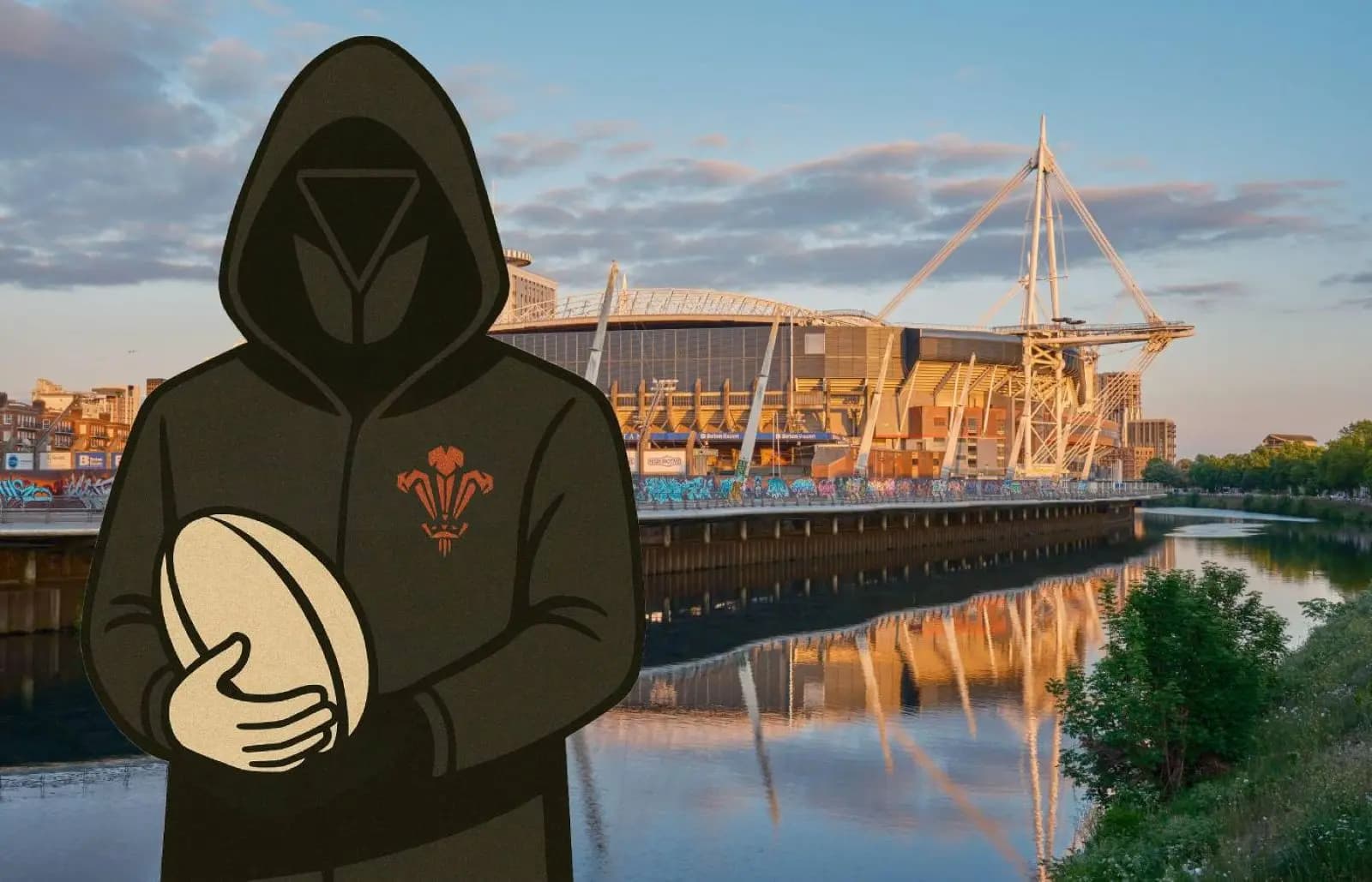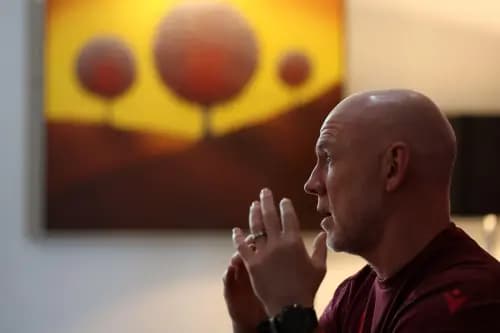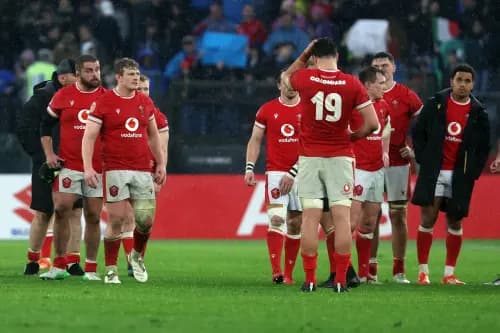Welsh rugby has a long recent history of expertise when it comes to making a drama out of a crisis.
In 1989 - a year after humbling hammerings in New Zealand prompted the great player exodus to rugby league - a working party report described the "whole organisation of the WRU [as] fragmented and illogical, incapable of implementing a coherent strategy for Welsh rugby".
That was 36 years ago.
In 1993 the entire old (as in former, as well as aged men) general committee were thrown out by member clubs, appalled at the deceit uncovered in a tour to what was then apartheid South Africa.
There was Grannygate of 2000, the Sir Tasker Watkins uprising of 2002, quickly followed by the cull of nine clubs into five new regions by David Moffett in 2003.
Five became four when the Celtic Warriors sloshed petrol all over their own forecourt and threw down a match 12 months later.
Moffett returned in 2014 to try and bring down the WRU, since when there have been merger attempts, legal threats, even a threatened player strike on the eve of a Wales-England game.
So, yes, plenty of drama.
But of course, as any TV commissioning editor will tell you, to make any impact, drama has to be constantly updated.
READ MORE: The Man With "The Plan" . . . WRU Chief Dave Reddin Insists It's Two or Too Late
When the Scarlets and Ospreys talked about a merger that became more of a takeover, it was compared to The Hunger Games.
But the WRU’s latest proposal - to kill off two more teams and go from four to just two - is much more like Squid Game, the dystopian Korean survival thriller that stretches across three brutal series.
Like the contestants in Squid Game, the four Welsh regions have a clear idea of what the prize is - places in the brave new two-team world.
But similarly, like the tracksuited traumatised souls in the show, they are completely in the dark about the rules of the game until just before it begins.
The Dragons, Cardiff, the Ospreys and the Scarlets know only that two of them will survive, but the important details - such as names, identities, locations, staff, players - have not been revealed.
The psychotic contestants in this show - the regions - are now forced to make fragile pacts and desperate alliances, while the WRU look on from afar, like the Front Man and his amoral clients.
There was actually much to admire and agree with in the 90-page document drawn up by the Union’s Dave Reddin this week.
READ MORE: WRU Plans Open Door for Fans to Shape Radical Overhaul of Welsh Rugby
A fresh outsider’s perspective had allowed the new director of rugby to suggest a different form of unified management, instead of the “friction” of the divisive Professional Rugby Agreement.
There is also merit - as has often been suggested before - in concentrating training resources and academies into one coherent system.
The women’s game - for so long, shamefully second best - is put on an equal footing with the men’s game with the proposed creation of two professional teams.
Although, rather than consider how they might market the women’s game in order to make it independently sustainable, the WRU should come clean and admit they are simply gouging a big chunk of cash out of the men’s game to hand over.
Talking of cash, the original PRA agreement had pledged £120m of funding over five years, but the new “optimal solution” appears only to disperse £94m.
Some £26m has either gone missing, or else it’s to pay for the Front Man’s red-suited guards and ammunition.
Maybe that money is being held back for the marketing budget. You would hope the promotion of the game is more grounded in reality than WRU chairman Richard Collier-Keywood’s claim in one interview that “fans” now follow individual players as much as they do teams.
What the strategy really lacks, though, is any sense of direction.
The destination is laid out - two elite teams - but the road map to get there is completely absent, a failure of leadership the Union disguises with talk of consultation.
Do they want new teams, existing teams, mergers, new locations or current ones?
It’s a cop out to claim those details are all up for discussion.
Either they should have had a full consultation process, that involved stakeholders from the very beginning, or else they are obliged to lay out their full plan, not half of it.
The WRU are supposed to be the gatekeepers, the guardians of the game, the experts in the room.
Instead, it’s like a surgeon telling a patient he needs a life-saving operation but asking where he should make the first incision.
And make no mistake, this is life-threatening. Beneath national team level, widespread interest, or even care in rugby in Wales, has never felt lower.
One of the reasons the WRU has not spelt out its full plan is probably a fear of further legal action.
They are already being threatened by the Ospreys and the Scarlets on that front, for the manner in which they acquired Cardiff.
They want two teams to drink the poison, but they want to claim it was a voluntary exit.
In Squid Game, there can be only one survivor, of course, not two.
Perhaps that’s the WRU’s long term strategy . . . one team, playing in red, called Wales.






